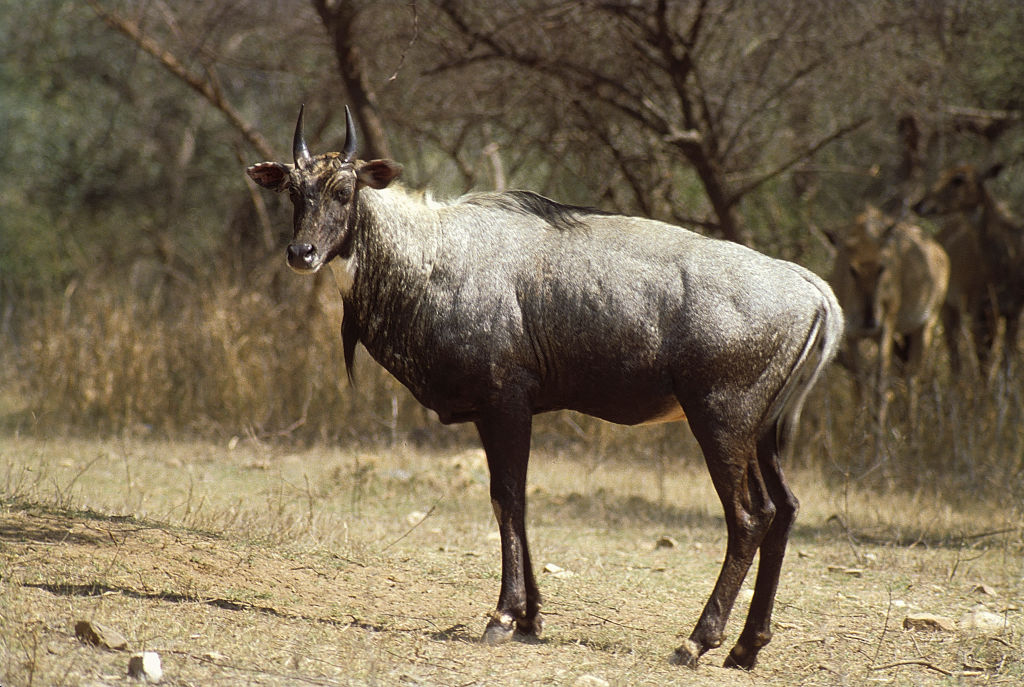Hunting Outfitters Arrested in Texas for Illegal Nilgai Hunting Operation
PORT MANSFIELD, Texas — Texas Game Wardens have arrested a local hunting outfitter and two other individuals for illegally hunting nilgai on private land. The suspects allegedly used airboats and advanced thermal optics to carry out a well-planned scheme that profited from these unauthorized hunts.
According to the Texas Parks and Wildlife Department (TPWD), the suspects face multiple charges, including:
- Hunting exotic animals without the property owner’s permission
- Theft of exotic livestock
- Organized criminal activity
This operation was uncovered after nearly a year of investigation by Texas Game Wardens in the Rio Grande Valley area. The arrests were made following search warrants executed on multiple properties. The case involved the collaboration of the Texas Game Warden Rural Operations Group and Homeland Security Investigations due to the criminal network involved in the illegal activities.
What Happened?
The illegal hunting scheme focused on nilgai, a type of large antelope native to South Asia that has become common on some private lands in Texas. These animals are often sought after by hunters for their meat and as exotic trophies. However, in this case, the hunting was done without the consent of landowners, making it illegal.
The suspects reportedly guided clients on these hunts using airboats, which are typically used for navigating marshy or shallow waters, and thermal optics to locate the animals at night. These tools gave the suspects and their clients an unfair advantage and made it easier to hunt in areas where they had no permission to operate.
The Investigation and Arrests
The investigation took nearly a year to uncover the extent of the illegal operation. Texas Game Wardens worked closely with various teams, including the Rural Operations Group and Homeland Security Investigations, to track the activities of the suspects.
Search warrants were executed on several properties to gather evidence and apprehend those involved. This collaborative effort highlights the seriousness of the case, as it involved organized criminal activity and potential threats to local wildlife populations.
Understanding the Charges
- Hunting Exotic Animals Without Consent
Hunting on private property without the owner’s approval is a violation of Texas law. Property owners have the right to control all hunting activities on their land. - Theft of Exotic Livestock
Nilgai are considered exotic livestock under Texas law. By hunting these animals illegally, the suspects essentially stole property from the rightful landowners. - Organized Criminal Activity
The involvement of airboats, advanced technology like thermal optics, and guiding clients suggests a coordinated effort to profit from illegal hunts, which qualifies as organized criminal activity.
What Are Nilgai, and Why Are They Hunted?
Nilgai, also known as “blue bulls,” are the largest antelopes native to South Asia. They were introduced to Texas in the 1920s and 1930s, where they have since thrived, particularly on large ranches in South Texas.
These animals are popular among hunters because of their size, unique appearance, and the challenge they pose. Additionally, their meat is considered a delicacy. However, like any hunting activity, harvesting nilgai requires proper permissions from landowners and compliance with state laws.
Why Is This Case Important?
Illegal hunting not only harms wildlife but also undermines property owners’ rights and the efforts of conservation programs. Hunting regulations exist to ensure the sustainable management of wildlife populations and protect private property.
This case is an example of how organized illegal activities can exploit natural resources for personal gain. It also demonstrates the importance of law enforcement and wildlife protection agencies in preserving the balance between hunting, conservation, and landowner rights.
What Happens Next?
The suspects will face legal proceedings for the charges filed against them. Depending on the severity of the crimes, they could face fines, jail time, or both. This case also serves as a warning to others who might consider engaging in illegal hunting activities.
Authorities continue to urge the public to report any suspicious activities related to hunting or wildlife to help protect Texas’s natural resources.
Disclaimer – Our team has carefully fact-checked this article to make sure it’s accurate and free from any misinformation. We’re dedicated to keeping our content honest and reliable for our readers.








